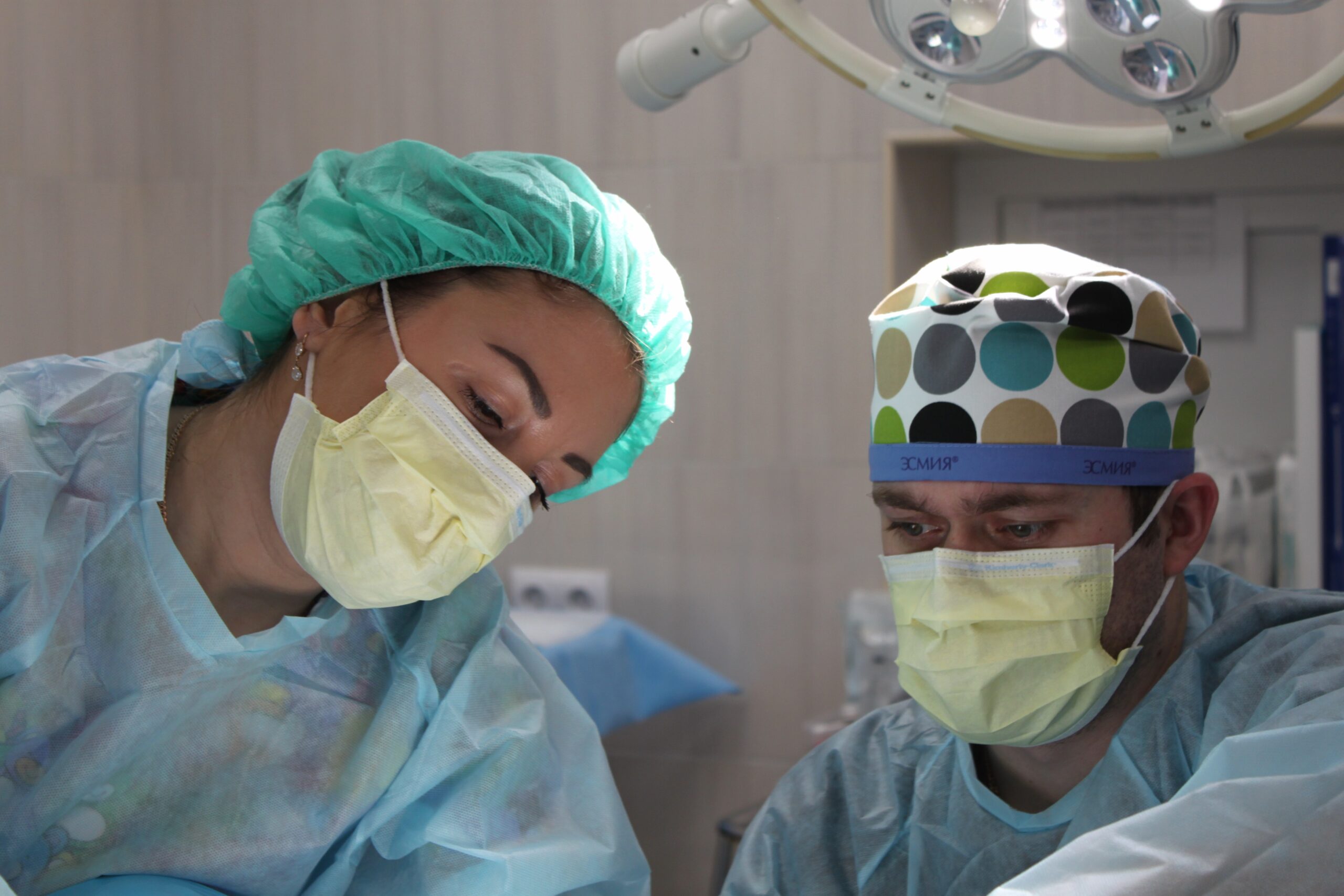Prostate exams are a must for men in their 40s and beyond since prostate cancer is one of the most common types of diseases among this demographic. Regular check-ups may require you to undergo a prostate biopsy to check for any signs of cancer growth in your organ.
The thought of a prostate biopsy is often surrounded by apprehension, as most men presume them to be invasive and nerve-wracking. While the procedure is certainly a few steps above a blood pressure test in terms of discomfort, it isn’t painful. Knowing what to expect can ease your mind considerably, making it possible for you to walk into the treatment room with confidence.
People who require prostate biopsies are primarily done to men who present a rise in prostate-specific antigen (PSA) levels in their blood work. Lower levels indicate a healthy prostate while rising levels are a potential indicator of cancer.
A PSA level above ten is a typical sign for a person to have a higher risk with prostate cancer reaching above 50 percent more than a healthy individual. However, some men have been diagnosed with cancer even if their PSA levels are below four. Different doctors have varying recommendations of responding to alarming to a bloodwork’s results as some patients have abnormally high PSA levels in their health history.
Besides judging your PSA levels, a rectal exam can also indicate a physical malformation of the prostate. If your physician notices that your prostate is bumpy or hard, they may order a biopsy to assess the state of the organ.
Before you undergo the operation, your assigned physician will give you directions to prepare for your prostate biopsy. At this stage, you need to inform your doctor if you have any ongoing treatments, including prescription drugs and over-the-counter medications. You may be asked to stop some of your medications before the procedure and take prophylactic antibiotics. If you have allergies to specific anesthetics, notify your physician as some may be used as a numbing agent during the procedure.
The procedure will take no more than fifteen minutes as it can be completed inside the doctor’s office. Your assigned physician will make use of a transrectal ultrasound, which will be inserted into your anus. The device emits sound waves which will allow your doctor to apply the numbing agent and the core needle for your biopsy.
The core needle is a spring-loaded instrument which will take 8 to 18 prostate samples for testing. Pathologists will then examine your samples to check for the general state of your prostate’s health by putting it through lab work which will take a few days before conclusive results are reached.
It’s recommended that you keep yourself hydrated after the procedures. You’re also disallowed from doing any heavy lifting for 24 hours and advised to avoid straining when performing bowel movements for 48 hours. Some side effects include blood in the urine, soreness, and slight rectal bleeding. You should immediately contact your physician if you have any prevailing side effects that result in any more discomfort.
Although prostate cancer is a severe medical condition, it’s easily treatable if detected in its early stages. The invasive but short procedure of enduring a prostate biopsy can be a hassle for some individuals. Nevertheless, you should remember that growing older means that our bodies require twice as much care and attention.
Taking care of your health is a matter of knowing the potential complications and illnesses that your body may experience in the future.
For more information on prostate biopsies and other urology diseases and treatment, get official news and facts from our blog at the University Urology Associates of New Jersey.
Disclaimer: All content found on the UUANJ.COM Website, including text, images, audio, or other formats were created for informational purposes only. The content is not intended to be a substitute for professional medical advice, diagnosis, or treatment. Always seek the advice of your physician or another qualified health provider with any questions you may have regarding a medical condition. Never disregard professional medical advice or delay in seeking it because of something you have read on this website. If you think you may have a medical emergency, call your doctor, go to the emergency department, or call 911 immediately.


